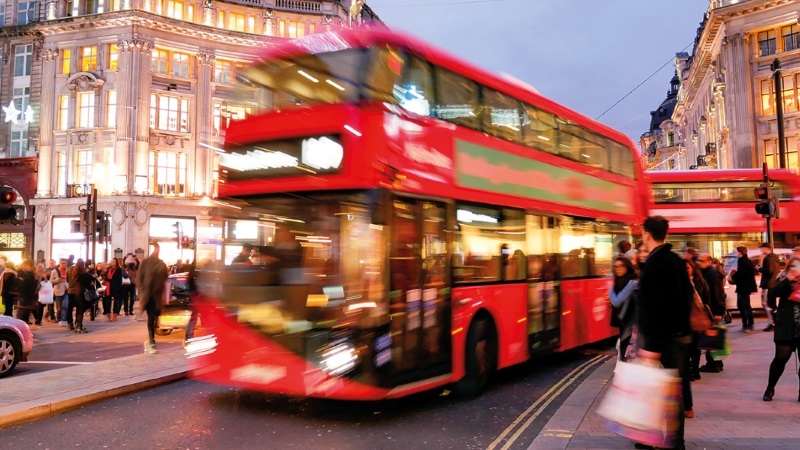Examining the Big Picture: Visa, Mobility and the Cities of Tomorrow

Snapshot: According to a 2018 UN Population Prospects report, there are more than 7.6 billion people living on the planet1, and that number is set to rise, with expectations that the population will reach nearly reaching 10 billion by 20502. While populations are roughly split between rural areas and cities (45% / 55%, respectively)3, there is a new migration happening. By 2050, the UN has predicted that 68% of the world’s inhabitants will be living in cities.4
Why does this matter? From a purely economic standpoint, cities drive trade and prosperity in most countries. By fostering the interactions of larger numbers of people – particularly those from diverse backgrounds and experiences – cities are the incubators for creativity, new ideas and innovation. Central to a city’s success – not to mention, the overall happiness of the people who live there – is a dynamic transportation system that can move goods and people quickly, easily and reliably every day.
At Visa, we believe that, as the number of people who move to the city continues to rise, daily travel needs and patterns will change, too. More often than not, a journey will include many different “legs” and many different modes of transport. Addressing those needs – including planning a journey, booking and paying for tickets, checking timetables, and tracking that everything is running on time – needs to be as easy and as seamless as possible.
At Visa we have a significant heritage in urban mobility, working with transport operators, government bodies, technology providers, simplifying consumer’s everyday journeys. As the world’s leader in digital payments, our role is to ensure that people can pay for their journey quickly, easily and securely. But we do much more besides, from creating standards that foster innovation, to offering insights and intelligence to help with urban planning.
The creation of a seamless, frictionless transportation experience requires the cooperation and collaboration of a variety of parties in the ecosystem, from urban planners and public authorities, to think tanks, automotive companies and technology firms. Visa is partnering with all of them to harness emerging technologies – particularly connected devices – turning the world’s bustling cities of today into efficient mega cities of the future.
This is why we commissioned one of the largest global studies examining the growing demand for public and private transportation, and the changing role that digital commerce is playing in driving sustainable growth. The study reflects the feedback of 19,000 consumers in 19 countries and identifies significant challenges faced by growing urban centres. We also partnered with Stanford University to identify where there are existing technology solutions and where they still need to be developed.
By examining the bigger picture, we can help create smarter, better-designed cities geared towards resident and visitor needs. Together, we can ensure that cities of the future are more enjoyable places to live, work, play and visit.
1 https://www.un.org/development/desa/en/news/population/world-population-prospects-2017.html
2 https://www.un.org/development/desa/en/news/population/world-population-prospects-2017.html
3 https://www.un.org/development/desa/en/news/population/2018-revision-of-world-urbanization-prospects.html
4 https://www.un.org/development/desa/en/news/population/2018-revision-of-world-urbanization-prospects.html